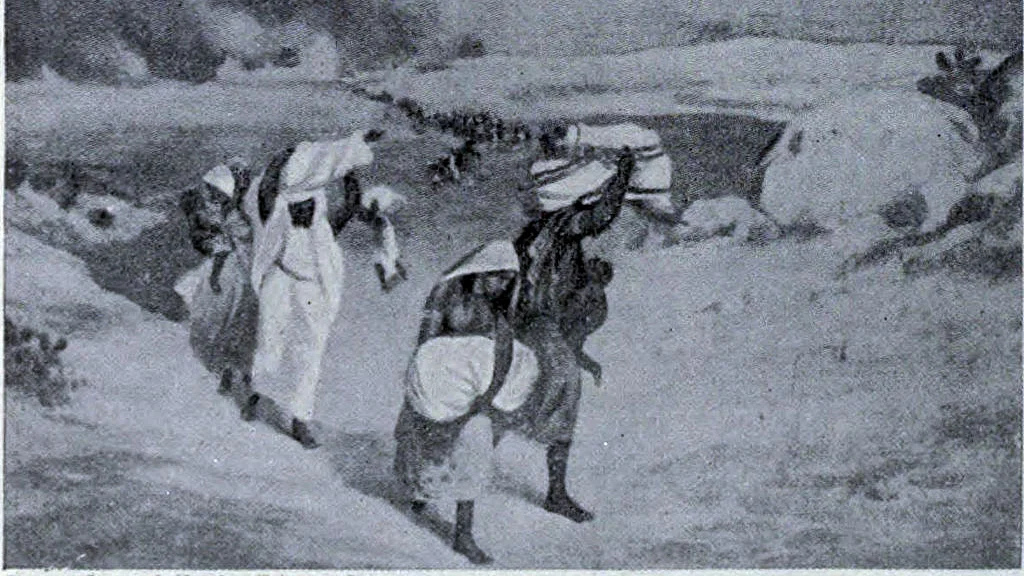December 17 in history—When Timur sacked Delhi
<b>The ransacking of Siri, Jahanpanah and Old Delhi by Timur Lang on December 17, 1398</b><b></b>

“On Wednesday, the eighth of Rabi’ the second (Dec. 17, 1398), The Emperor Sahib-Kiran took the city of Delhi.”
The poets that accompanied Timur Lang on his ransack of Delhi worked the date of the victory into a verse, which they presented to him. Of all these memorial verses the Chagatai Uzbek introduced only this one into his memoirs. He also wrote: “The whole of Sultan Mahmud’s army was defeated; part was slain, and part had found refuge in the fort, toward which I marched, exalted with victory. When I reached its gates, I carefully reconnoitred its towers and walls, and then returned to the side of the Hauz-i Khas, a reservoir constructed by Sultan Firoz Shah, and faced all around with stone and cement. Each side of this reservoir is more than a bow-shot long, and buildings are placed around it. It is filled by the rains in the rainy season and supplies the people of the city with water throughout the year. The tomb of Sultan Firoz Shah stands on its bank. When I had pitched my camp here, the princes and amirs, and all the generals and officers, came to pay their respects and to offer me their congratulations on this great victory. I embraced them all and praised them for the exertions and courage which I myself had seen. When I recounted the favours and mercies I had received from the Almighty, my excellent sons, the brave and renowned amirs who served under me, and the great and glorious victories I had achieved, my heart melted and tears fell from my eyes. I cast myself upon the ground and poured forth my thanksgivings to the All-beneficent. All who were present raised their voices in prayer, and expressed their earnest wishes for the continuance of my prosperity and the prolongation of my reign.”
Timur was not just a patron of a good rhyme however; only a few days earlier he had ordered nearly a hundred thousand prisoners of war, “impious idolaters” to be put to death as they had been heard celebrating an attack on his army. In his own words, even – “Maulana Nasir-ad-din Omar, a counsellor and man of learning, who had never killed a sparrow in all his life, now, in execution of my order, killed fifteen idolatrous Hindus, who were his captives.” It is said that his armies caused the death of 17 million people on his campaigns, roughly 5 per cent of the world’s population at the time.
Timur kept his conscience clean with the view that it was God’s will that the prisoners were destined to die and God made them seek out death through their ‘misbehaviour’.
Ruma Chakravarti is a writer based in Adelaide, Australia. This article first appeared on her blog
Follow us on: Facebook, Twitter, Google News, Instagram
Join our official telegram channel (@nationalherald) and stay updated with the latest headlines
Published: 17 Dec 2016, 4:52 PM